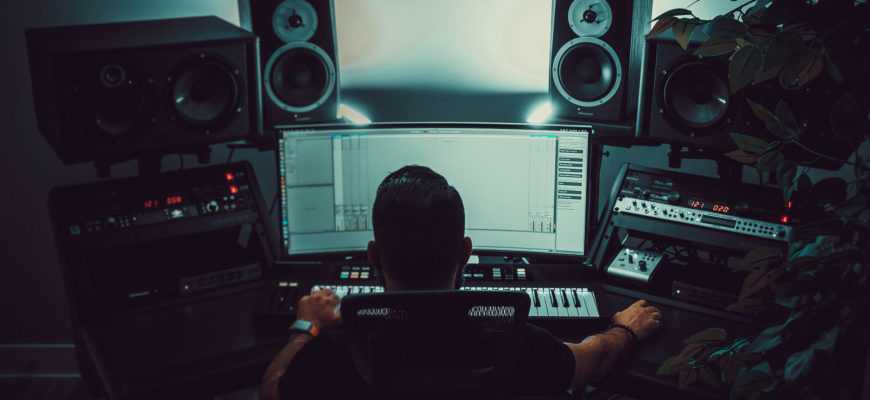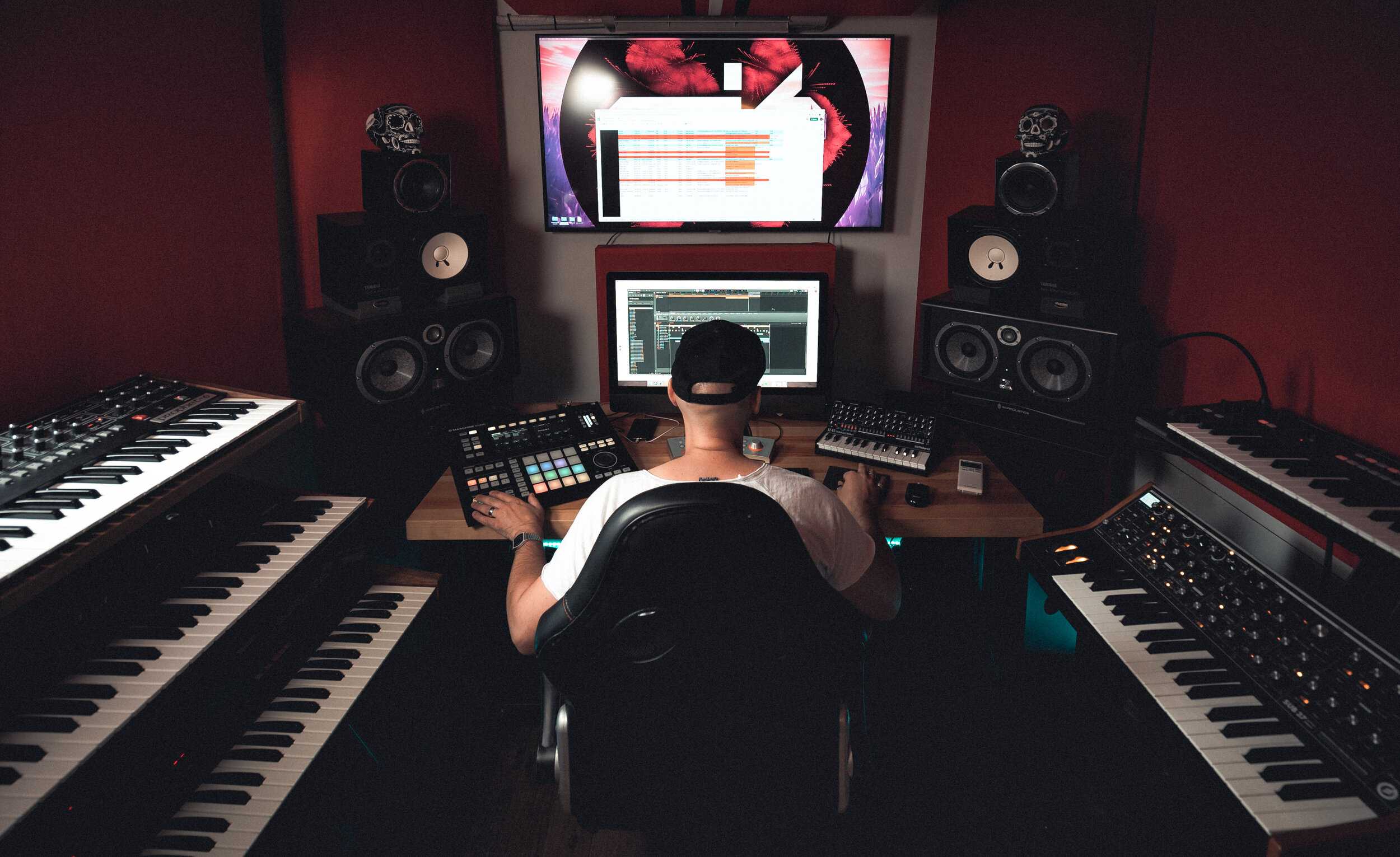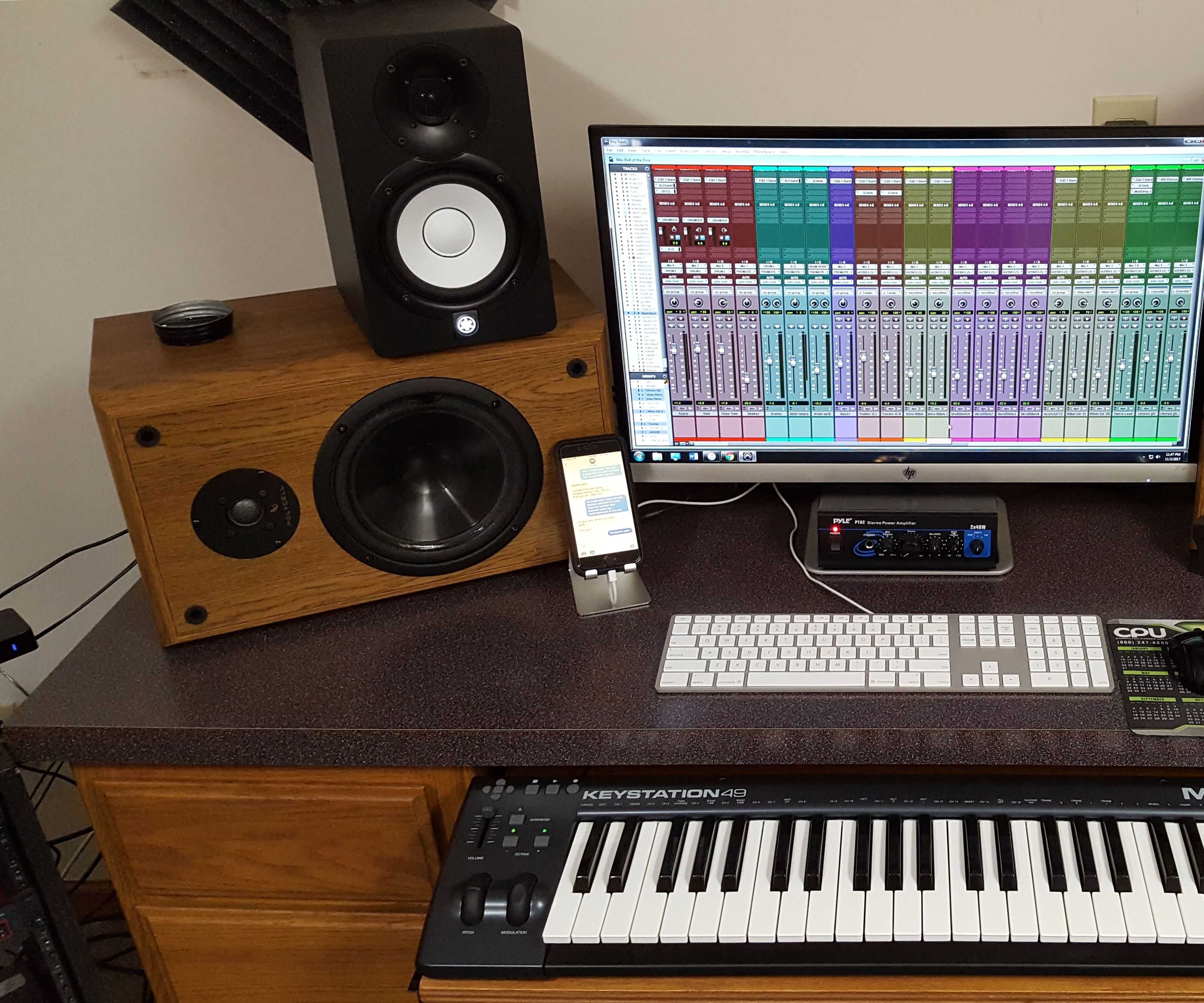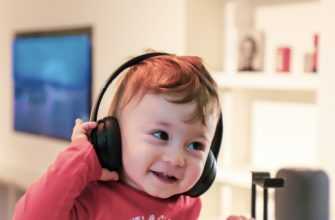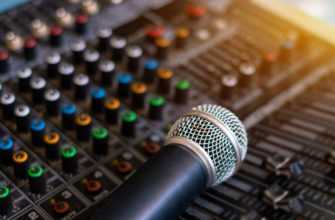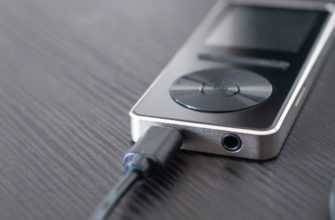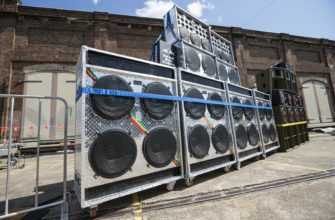Choosing The Best Recording Software
One important aspect of the engineering industry is sound engineering. Without sound engineering, you can’t have a music album. It will just be a bunch of songs put together and that’s it. The whole point is to figure out which recording software is the best one to use for your future projects or albums because not all recording software is the same.
You shouldn’t just pick a recording software at random because you have to create masterpieces with your engineering skills and so it’s best if you know as much about recording software as you can before picking one.
There are too many Recording Softwares out there that it gets, for some people, confusing on which ones they should use. Fortunately for this article, we’re going to narrow down all of those choices into a list that’ll be pretty helpful! The following is a list of Recording Softwares you need to consider using:
Fl Studio 11 Producer Edition (If you want) – This is meant more for people who have a lot of experience in sound engineering. If you don’t have a lot of experience, this might not be the best choice for you to use.
Adobe Audition – This one’s great because from what I know, it’s mainly used by radio announcers. It has a variety of options and editing tools that can help you achieve the sound that you’re looking for as well as the recording process itself!
Izotope RX 2 Standard – Yeah, no kidding. This one’s basically a complete package including everything from spotting glitches to cleaning up audio to fixing mistakes and blemishes on vocals/instrumentals. You name it and it can probably do it!
Reaper – This is known for being one of the most versatile software programs that you can use. If you’re just using sound recording softwares then this probably isn’t your best choice but if you want more than just sound engineering, this is definitely your go-to!
Pro Tools First (If you want) – You can create music tracks, do basic editing and mastering, all the way to Final Mixing on this Recording Software! It’s great for beginners who are doing their first album or any projects they’ve started.
Cubase 7.5 Artist (If you want) – This is also for someone who has experience in making music because it really gets pretty advanced. You’ll need a lot of knowledge and skills to actually get this software to work.
Audacity – Another audio-editing recording software! It’s easily found on the internet for free and people will often use it when they don’t know anything about sound engineering or they’re doing simple projects like home djing, tutorials, etc.
Pro Tools 10 (If you want) – A lot of professionals still use this Recording Software because it has a very clear system that even beginners can understand and catch up to. You really don’t need any experience to learn how to use these tools and do your work with them!
Studio One 3 (If you want) – This is another great option if you have a lot of experience in music engineering and composition. It takes a lot to get used to this one but once you do it’s like second nature!
Garageband (If you want) – This one is also fairly easy to use and does not require any professional training! It has piano keys and different instruments that will help guide you through your recording process if you’re mainly focusing on vocals.
There are definitely more Recording Softwares out there but all of these should be enough for beginners who don’t really know much about sound engineering or even professionals who can always perfect their work with new recording software! All these Recording Softwares have their own unique strengths and weaknesses so I hope this article helped narrow your choices.
My Personal Favorite Best Recording Software:
FL Studio
I’ve used FL Studio for well over 5 years now and can say it’s by far my favorite. Almost every single sound you could ever need is in there (and if not, you can just create your own). It goes way beyond just “recording” though; this program has everything from synths to effects to samples to full-fledge songs.
And the price is definitely right! You don’t have to pay much at all (compared to other recording software) and get so much back in return. – The number of things included in the package like amps simulators, punch-ins, etc that will help you record anything perfectly. It also comes with an array of synths that are very useful when creating genres like dubstep and trance.
This is my go-to recording software and I recommend it to anyone just getting into the field. – There’s a huge variety of plugins that can be used in FL Studio that will allow you to record anything from vocals, guitars, drums, even an entire symphony! It is very versatile and has all the basic features you need such as cut/copy/paste, effects, etc.
The number of synths available allows for practically any genre or style. – Most people who use this program are already professionals at music production but it still has everything you’ll ever need when doing home recordings like the lyric correction in autotune (which is great in itself).
One thing to note though; if your computer isn’t up-to-date, it may not be able to handle all the synths and such. When I first got FL Studio, my CPU maxed out within a few minutes of recording. You’ll also need to make sure you have good quality speakers/headphones to monitor your recordings with.
I recently started using this program because it is simple enough for someone who knows nothing about recording but advanced enough for someone who has experience in engineering music at home or even in a studio setting.
– Studio one is very easy to use and comes with many great instruments that are perfect for beginners trying their hand at production. It can easily match other high-end software if you know what you’re doing but doesn’t require much training to set up and use.
I also really liked the idea of having live instruments right inside the program so if you have a recording session with an instrument you don’t know how to use, you can find it in studio 1 and record your performance directly onto your computer!
– The main downside to Studio One is that not all their plugins are available for free. They do give away some but charge you for the rest. This isn’t really a big issue though seeing as another software cost around the same anyway. Also, you should make sure your computer is compatible before purchasing/downloading studio one because if it’s too outdated, this program will lag or run slowly.
Cubase
There are many things I like about Cubase including its straightforward interface, ease of use, well-supported community, and workflow. Also having a mobile version available is really helpful when you can’t be near your computer or you want to create music on the go!
– The downside to Cubase is that it lacks some features you find in other recording software. It seems like they focused more on mobile apps and speed/ease over versatility. Knowing this going in will help make your decision easier because, for many people, this won’t matter much at all.
Pro Tools
– I’ve never used this software myself but the number of professionals who use it in the music industry speaks for itself. It also is constantly being updated which gives me confidence in its reliability and usefulness. However, one drawback to using Pro Tools in my opinion is that it costs around $400+ depending on what version you want to buy (they range from hobbyist-professional).
Another problem related to price is the fact that if you’re just starting out and don’t already own some basic recording equipment like microphones and such, it might be better to wait until you can afford pro tools (or at least another recording software) before getting into this profession.
Other than these three major software, youtube is an amazing resource for learning how to use any program (and there are tutorials on every aspect of music production). The Internet in general also has great resources like forums and courses for learning things like mixing and mastering techniques as well as more advanced stuff. Be sure to check those out as well!
– There really isn’t one best recording software because they all have their own features as drawbacks which makes them suitable for different people. One of the most important things in choosing a program is knowing your needs and wants so you can narrow them full-fledged down to find the one that best matches what you want/need.
Well, I think that about covers everything so thanks for reading! If you enjoyed reading this article or it helped you out somehow, please leave me feedback in the comments section below! Also if there’s anything else you would like me to write about, feel free to send me an email.
